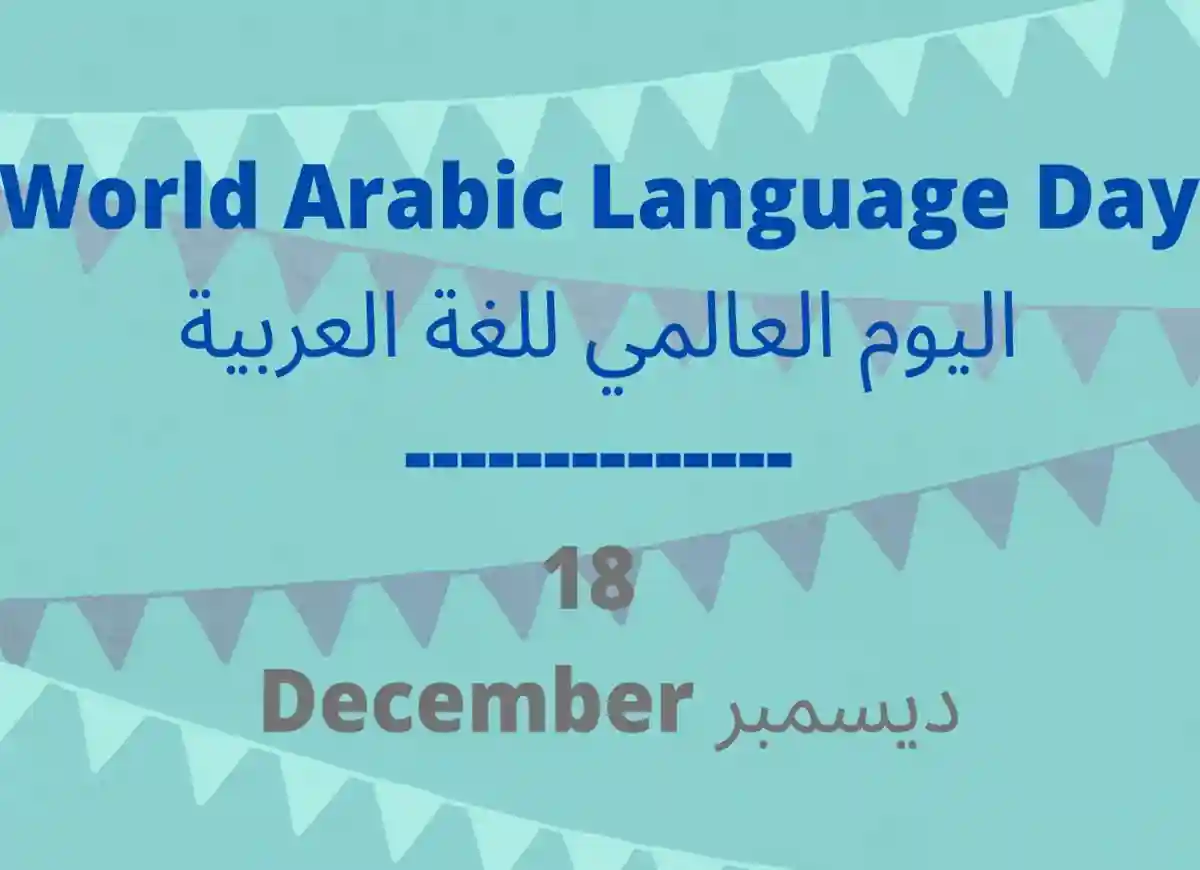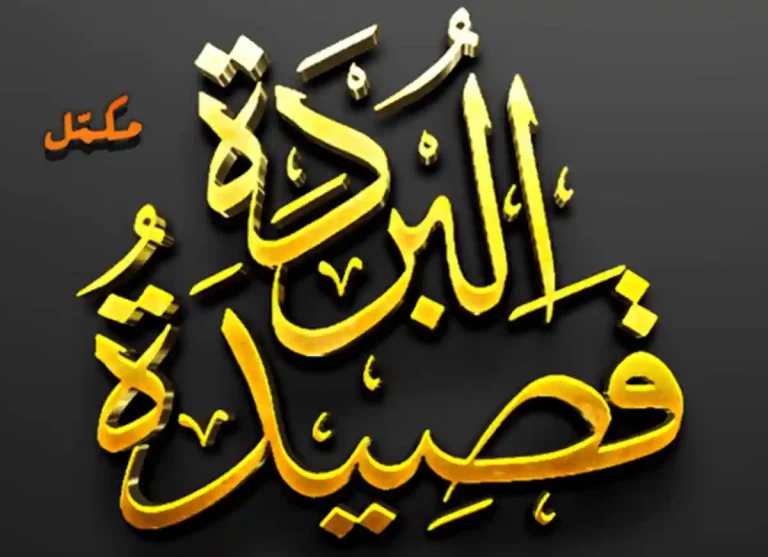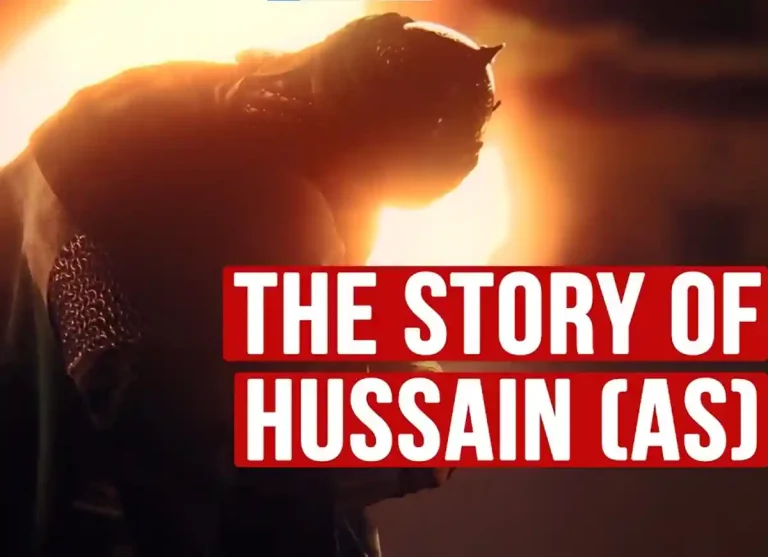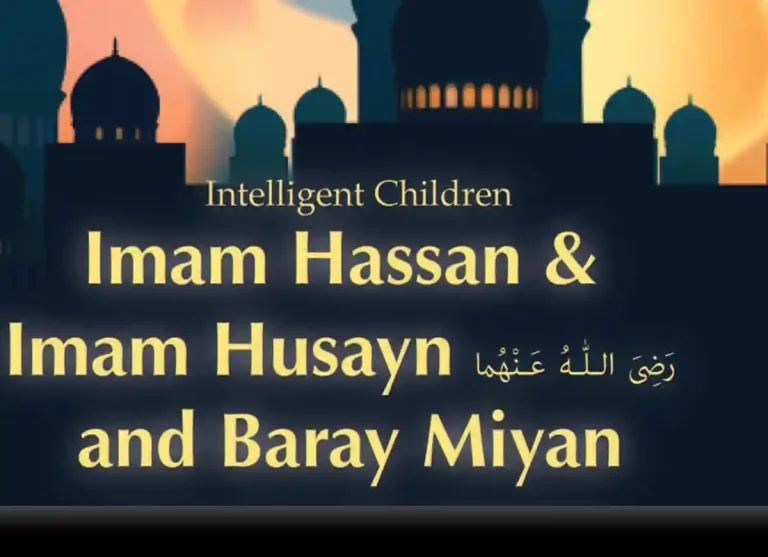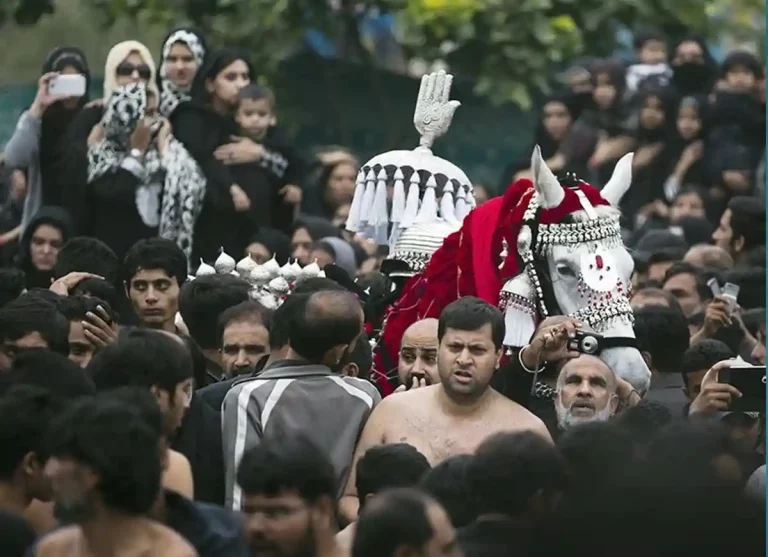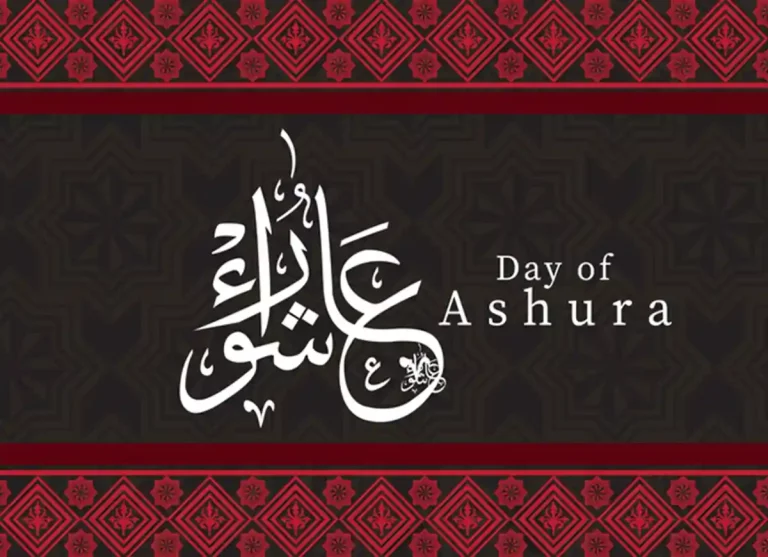World Arabic Language Day 2023 (December 18th) – Arabic can refer to two different things:
- A Central Semitic language belonging to the larger Afroasiatic language family.
- Spoken by over 300 million people, primarily in the Arab world which spans North Africa and Western Asia.
- Includes numerous dialects which can vary greatly in pronunciation and vocabulary.
- The standard form used in writing and formal speech is Modern Standard Arabic, which is based on Classical Arabic (the language of the Quran).
- Known for its rich literary tradition, dating back to pre-Islamic times.
2. The Arab people:
- An ethnic group primarily inhabiting the Arab world.
- Share a common language, history, and culture, but also diverse within themselves.
- Have a rich and complex history, with significant contributions to science, philosophy, and art.
So, depending on the context, “Arabic” can refer to either the language or the people. Do you have any specific questions about either of these aspects of Arabic?
It is believed that the Arabic language is one of the pillars of the diversity of culture of humanity. It is among the most spoken languages worldwide, spoken daily by over 400 million people. World Arabic Language Day has been observed every year on the 18th of December since 2012.
The day falls on the day that, in 1973, the General Assembly of the United Nations approved Arabic as the sixth official language of the Organization.
In its many forms, whether vernacular or classical, in its range of expressions, from oral to poetic calligraphy, The Arabic language has led to a stunning aesthetic across fields as diverse as poetry, architecture, philosophy and music.
It allows access to a wide range of beliefs and identities, and the history of its development is a testament to the depth of its ties to other languages. Arabic has been instrumental in disseminating knowledge of Greek and Roman science and philosophies across Renaissance Europe.
It has allowed for the exchange of different cultures on the silk roads stretching from India to the Horn of Africa.
Live calligraphy for seven hours performed by RamZ
For World Arabic Language Day, UNESCO encourages everyone to recognize the Arabic language and society and, in general, highlights the need for diversity of perspectives. They are a treasure to behold and an essential ingredient for lasting peace.
Conclusion
The importance of Arabic can be viewed through various lenses:
Religious Significance:
- Language of the Quran: For Muslims, Arabic holds utmost importance as the original language of the Quran, the holy book of Islam. Understanding the Quran in its original form allows for deeper comprehension and connection to its message.
- Religious Practices: Many Islamic prayers and rituals are performed in Arabic, making knowledge of the language crucial for full participation in the faith.
Cultural and Historical Impact:
- Rich Literary Tradition: Arabic boasts a vibrant literary history, from pre-Islamic poetry to contemporary novels. Learning Arabic opens doors to this rich heritage and its cultural insights.
- Arabic Influence on Languages: Arabic has significantly influenced languages across the globe, including Spanish, Hebrew, and Persian. Learning Arabic provides a deeper understanding of these connections and the historical tapestry of languages.
Economic and Geopolitical Relevance:
- Widely Spoken: Arabic is one of the most spoken languages globally, serving as the official language in 25 countries and spoken by over 300 million people. This presents potential for business opportunities and communication in the Arab world.
- Globalized World: With the rising economic and political clout of the Arab world, knowledge of Arabic becomes increasingly valuable for international relations and understanding global dynamics.
Personal Development:
- Cognitive Benefits: Studies suggest that learning a new language like Arabic can enhance cognitive abilities like memory, problem-solving, and multitasking.
- Personal Growth: Learning Arabic expands your cultural horizons and fosters deeper understanding of diverse perspectives and belief systems.
The importance of Arabic ultimately depends on your individual interests and goals. Whether for religious connection, cultural immersion, or professional development, Arabic offers a valuable gateway to a rich and diverse world.
Categories: PRAYER (Salat), ALMS (Zakat), SAWN (Fasting) HAJJ (Pilgrimage) & DUA (Supplications), The Holy Quran, Quran Jaz 1- 114


